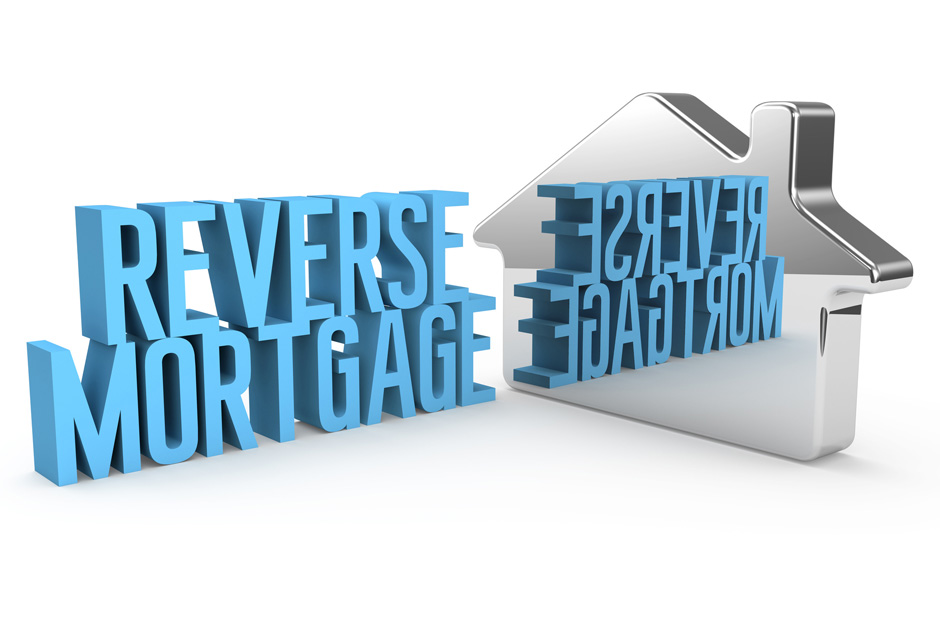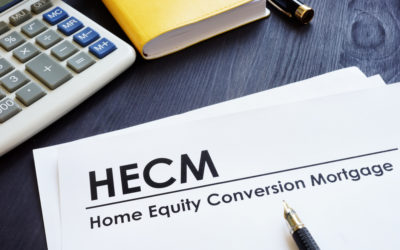In 2021, 49,207 borrowers entered into reverse mortgages, an increase from the previous year. Reverse mortgages are becoming more popular for homeowners who want to make use of home equity, but not everyone is eligible.
If you’re in need of funds, then you may want to get a reverse mortgage. However, reverse mortgages are meant for seniors and you’ll need to meet certain requirements to get one.
Ready to learn more? Continue reading this guide if you want to have reverse mortgages explained to you.
What Is a Reverse Mortgage?
A reverse mortgage is for homeowners that are older than 62. It allows them to borrow money against their home equity.
The money received from a reverse mortgage will be tax-free. Unlike a typical mortgage, a reverse mortgage will allow a homeowner to be paid by the lender instead of the other way around. With a reverse mortgage, you’ll borrow against your home equity and can get payments, a credit line, or a lump sum.
Reverse mortgages are typically meant for homeowners who already own their homes or who have a significant amount of equity.
The most popular type of reverse mortgage is a home equity conversion mortgage (HECM).
Mortgage Eligibility and Requirements You Should Know About
There are several requirements that you’ll need to meet to get a reverse mortgage. Here’s what you should know about how reverse mortgages work.
Age Requirements
One of the main requirements that you’ll need to meet to get a reverse mortgage is to be in the right age bracket. Reverse mortgages are for people who are close to retirement and are 62 or older.
If your spouse is younger than 62, then you can still get a reverse mortgage. However, your spouse won’t have access to the funds that you receive and will be known as a non-borrowing spouse.
Homeownership and Equity
Before getting a reverse mortgage, you’ll need to meet certain equity requirements. Typically, you should have at least 50% equity in the home before applying for a reverse mortgage.
Also, remember that the home should be your primary residence. Keep in mind that you can get a reverse mortgage whether you own the home in full or if you’re currently paying off a mortgage.
Typically, reverse mortgages are for single-family homes. However, multi-unit properties that have up to 4 units are also eligible. You can get a HECM for certain HUD-approved homes and properties that meet FHA requirements as well.
Reverse Mortage Fees
It’s important to realize that there aren’t income or credit check requirements to meet with a reverse mortgage like when getting a home equity loan or a home equity line of credit. However, you will need to pay more fees with a reverse mortgage than with these other options.
With a reverse mortgage, there will be an origination fee to pay. There are also servicing fees that a lender will charge to maintain and monitor the loan.
Additionally, you may also need to pay other third-party fees such as the costs of getting a home appraisal and inspection.
Additional Responsibilities
You’ll have some additional responsibilities to meet when getting a reverse mortgage as well. Remember that you’ll need to keep paying property taxes and homeowners insurance on your property in order to keep it well-maintained once you have a HECM loan.
In addition to this, you’ll need to go through a HUD-approved counseling session. This session will explain what you can expect from getting a reverse mortgage and can tell you more about how it will affect Medicaid and Supplemental Security Income (SSI).
This counseling session will cost about $125 and will take around an hour and a half to complete.
Types of Reverse Mortgages
There are several types of reverse mortgages available that you can make use of. Here are three options that you should be aware of.
Home Equity Conversion Mortgage (HECM)
A HECM is the most common and well-known type of reverse mortgage that you can get. These loans are federally-insured and only FHA-approved lenders offer these loans.
Although they have relatively high costs and fees, they offer a lot of flexibility. You can use the funds however you choose. You can also withdraw the money in various ways including as a fixed monthly payment or a line of credit.
Proprietary Reverse Mortgage
This type of reverse mortgage is a private loan and isn’t insured by the federal government.
You’ll usually be able to get a higher loan amount from one of these reverse mortgages, so they can be good options to consider if you want to look beyond the more popular HECM option.
Single-Purpose Reverse Mortgage
A single-purpose reverse mortgage is a type of reverse mortgage that is even less common than the other options listed above. Typically, these reverse mortgages come from nonprofits and state and local governments.
While these loans aren’t as costly as the other options, they have their drawbacks as well.
The drawback of these loans is that you can only use the funds you get for a specific purpose. Expenses that may qualify for this type of reverse mortgage could include certain home improvements or property taxes.
Reverse Mortgages Explained: Understanding Your Options
Now that you’ve had reverse mortgages explained to you, you might want to consider getting one. A reverse mortgage can be helpful for getting access to additional funds in retirement and could be well worth it depending on your needs.

 1-866-840-0279
1-866-840-0279


